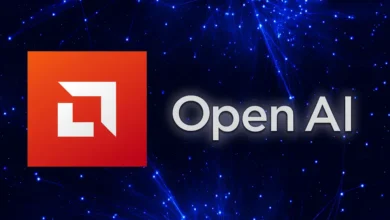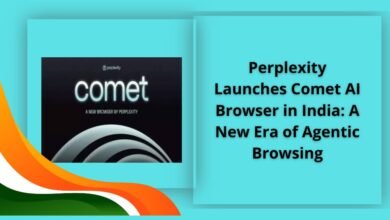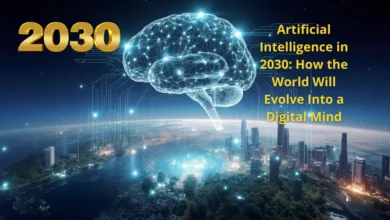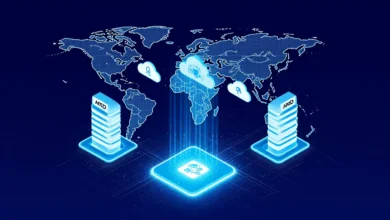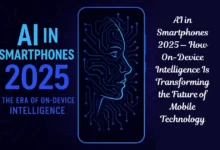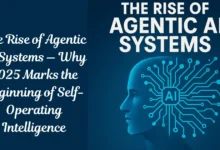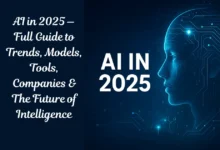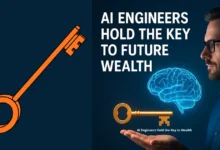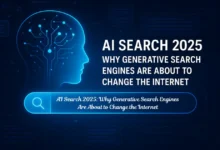AI Search vs Traditional Search — Why Generative Engines Threaten Google’s Dominance in 2025
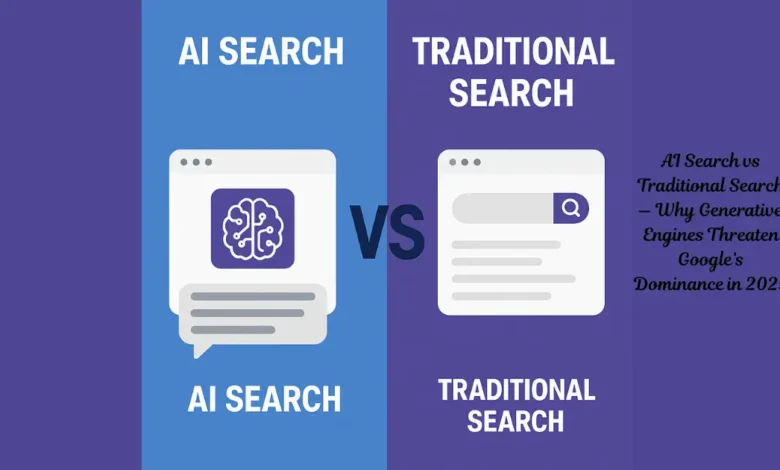
AI Search vs Traditional Search is not a debate about which system is “better.” It is a confrontation between two fundamentally different ways of accessing information. In 2025, the rise of generative search engines—like Perplexity, OpenAI Search, and upcoming agentic browsers—signals the beginning of the end of the old search paradigm dominated by Google for decades.
The world is shifting from:
“search and click” → to “ask and receive.”
And this shift is far more disruptive than people realize.
This article explains why 2025 is the turning point, what makes AI-powered search radically different, how it threatens Google’s business model, and why users around the world are rapidly adopting generative engines.
table of contents
AI Search vs Traditional Search: The Core Difference Explained
The traditional search model is simple:
- You search.
- Google shows 10 links.
- You click.
- You gather information manually.
Generative AI search flips this model:
- You ask a question.
- The AI finds the information.
- It synthesizes the data.
- It provides a complete answer instantly.
No searching.
No clicking.
No sifting through pages.
No ads interrupting the flow.
Here is what truly separates both systems:
1. Traditional Search Relies on Links — AI Search Relies on Understanding
Google Search = Index + Keywords + Links
Generative AI Search = Reasoning + Context + Synthesis
In traditional search, the user must:
- read multiple sources
- compare information
- check dates
- verify accuracy
- decide what is relevant
AI search does all of this automatically.
Instead of providing pages, it provides answers.
This is a direct threat to Google’s ad-driven click economy.
2. AI Search Operates Like a Personal Research Assistant
AI search systems:
- read the entire web
- extract the relevant parts
- rewrite them in a structured way
- maintain context from previous questions
- understand intent
Example:
Traditional Search:
“Best laptop for video editing 2025” → 20 links → You do the work.
AI Search:
“Recommend a laptop for 4K editing within $1,200” →
Instant answer + comparisons + reasons + pros/cons + source summary.
AI search feels like hiring a private researcher.
3. AI Search Is Conversational — Traditional Search Is Transactional
Traditional search:
- every query is isolated
- no memory
- no personalization
AI search:
- remembers your previous questions
- understands your preferences
- adapts tone and detail level
- builds long-term context
This means:
Your search engine becomes your second brain.
Google cannot replicate this easily because its architecture was never built for long conversations.
4. AI Search Removes Ads — Traditional Search Lives on Ads
This is the most dangerous part for Google.
AI search engines today work with:
- zero ads
- zero distractions
- zero sponsored “top results”
Google earns 85% of its revenue from ads.
AI search engines earn 0% from ads.
This is not sustainable for Google’s business model.
5. AI Search Works as an Agent — Traditional Search Works as a Directory
Traditional search:
“Here are the websites. Go explore.”
AI search in 2025:
“I will explore, analyze, compare, summarize, and give you the conclusion.”
Generative search engines:
- compare prices
- check reviews
- analyze specifications
- verify credibility
- browse multiple pages
- synthesize final results
They act.
They work.
They think.
They save time.
This is what breaks the traditional search paradigm.
Why 2025 Marks the Decline of Traditional Search
1. Search Quality Has Plateaued
Google search results today:
- show repetitive pages
- display outdated content
- prioritize SEO over real value
- show ads above everything
- push low-quality affiliate sites
Users feel the deterioration.
AI search fixes this with:
- direct answers
- up-to-date synthesis
- personalized reasoning
The contrast is obvious.
2. Perplexity and OpenAI Introduced Real Disruption
Perplexity’s Comet AI Browser in India
OpenAI’s upcoming Search system
Anthropic’s real-time research features
These tools offer:
- instant answers
- transparent citations
- zero-clutter interface
- multi-source verification
Users are rapidly shifting.
3. Agentic Browsing Changes Everything
2025 is the first year search engines can:
- open tabs
- read pages
- collect facts
- reference multiple sources
- build structured reports
- act as autonomous research agents
No traditional search engine offers this.
4. Generative Search Reduces the Need to Click Links
Google’s business collapses if:
- users stop clicking ads
- users stop visiting websites
- users get answers directly
This is exactly what is happening.
How AI Search Will Change Everyday Life
1. Students
Get complete, structured answers without reading 10 articles.
2. Professionals
Instant research — market analysis, summaries, reports.
3. Travelers
No need for blogs.
AI will plan itineraries automatically.
4. Shoppers
AI compares products and prices instantly.
5. Developers
Debugging, documentation, optimization — all in minutes.
Feenanoor AI Insights (Hub Section)
Feenanoor delivers global coverage of the rapidly changing AI landscape — from agentic systems to the global chip war shaping the future of intelligence. Explore related AI reports:
AI Engineers Hold the Key to Wealth
https://feenanoor.com/ai-engineers-hold-the-key-to-wealth/
AI Search 2025 — The Engines Changing the Internet
https://feenanoor.com/ai-search-2025-why-generative-search-engines-are-about-to-change-the-internet/
How Unique Content Leverages AI Summaries
https://feenanoor.com/how-unique-content-can-leverage-ai-summaries-to-dominate-search-results/
Conclusion
AI search does not compete with traditional search — it replaces it.
The shift from “searching” to “answering” is irreversible, and generative engines are becoming the new default for an entire generation of users.
2025 is the year the world realized:
The future of search is not a list of links.
The future of search is thinking machines delivering personalized answers instantly.
Google will not disappear — but its dominance will never be the same.
FAQ
Is AI search more accurate than Google?
It is often more precise because it synthesizes multiple sources instead of prioritizing SEO-heavy pages.
Will AI search replace traditional search?
It will not eliminate it completely, but it will dominate high-intent and research-heavy queries.
Why do people prefer generative search?
Because it saves time, removes ads, and provides complete answers instantly.
Does AI search reduce website traffic?
Yes — significantly — because users no longer need to click multiple links.
Is AI search safe?
It depends on data transparency, citations, and model alignment.
Discover more from Feenanoor
Subscribe to get the latest posts sent to your email.

